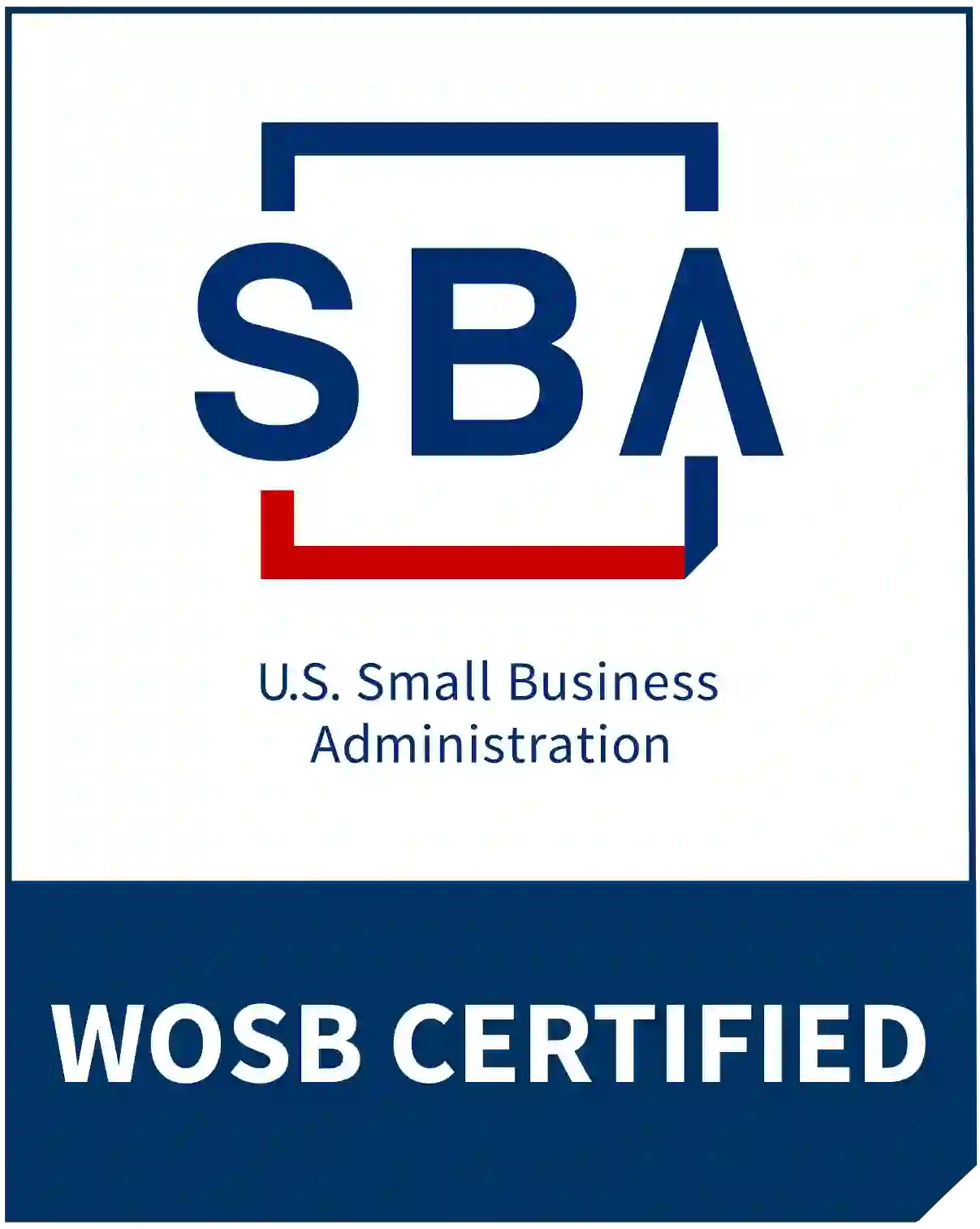Married couples sometimes want to formalize agreements they have made between themselves. They can do this through a marital contract called a postnuptial agreement.
This agreement is enforceable if it meets legal requirements. Even if you have no intention of divorcing, work with a Coral Way postnuptial agreements lawyer to ensure your contract accomplishes your goals and will hold up in court.
Legal Requirements for Postnuptial Contracts
Marital contracts like postnuptial agreements (postnups) must comply with the standard legal rules for contracts; for example, they must be written and both parties must sign it. In most cases, they require consideration, which means each party must give up something to derive the benefit of the agreement. A Coral Way attorney can explain how the concept of consideration might apply to a specific postnuptial agreement.
A postnuptial agreement is only valid if both spouses make a complete financial disclosure before either one signs it. A Judge could set aside an agreement if there is evidence a spouse lied or omitted information on their disclosure.
Sometimes postnuptial agreements call for a spouse to give up rights to an elective share of the other spouse’s estate, homestead exemption, or other benefits that spouses typically acquire upon being widowed. In that case, the law requires the agreement to be notarized by two witnesses.
Reasons to Enter a Postnuptial Contract
Many couples who create a postnuptial agreement do so because they anticipate filing for divorce. The agreement allows them to settle questions regarding the division of marital property, spousal support, possession of the family home, and other issues before the split occurs. Divorce is generally faster and less expensive when the couple has settled their issues before filing.
A couple may include provisions regarding custody and parenting time in a postnuptial agreement. A Judge will review that provision independently and might not enforce it if they decide the arrangement does not support the children’s current best interests.
However, postnuptial agreements are versatile and useful beyond preparing for divorce. A postnuptial agreement could replace a prenuptial agreement that no longer serves its purpose. It could guarantee care for a vulnerable family member or set rules for the spouses if there has been misconduct in the marriage.
How Courts Will Analyze Postnups
Postnuptial agreements are enforceable but courts scrutinize them closely. Because the parties are already married when they enter a postnuptial agreement, a Judge would want evidence that both spouses entered the agreement willingly and free of duress.
A Judge in Coral Way will look at whether each party had the opportunity to have an independent attorney review and comment on the postnuptial agreement. If not, or if there is a question about whether one spouse’s attorney was independent, the Judge is less likely to enforce it.
Judges will not enforce agreements that are unconscionable, which means the agreement is shockingly one-sided and or leaves one spouse in a far better condition than the other. When a Judge finds an agreement is unconscionable or identifies other concerns, they can set aside a part of the agreement, invalidate the entire agreement, or change it to alleviate the problem.
Consult a Coral Way Attorney About Postnuptial Agreements Today
Postnuptial agreements can be an efficient way to resolve many issues a married couple might confront. A Judge will enforce the agreement if you are careful to meet all the applicable legal requirements.
A Coral Way postnuptial agreements lawyer can explain what these agreements can do, draft one for you to review and present to your spouse, or review and comment on an agreement your spouse put together. Call today for a free case evaluation with a knowledgeable attorney from The Florida Probate & Family Law Firm.




























